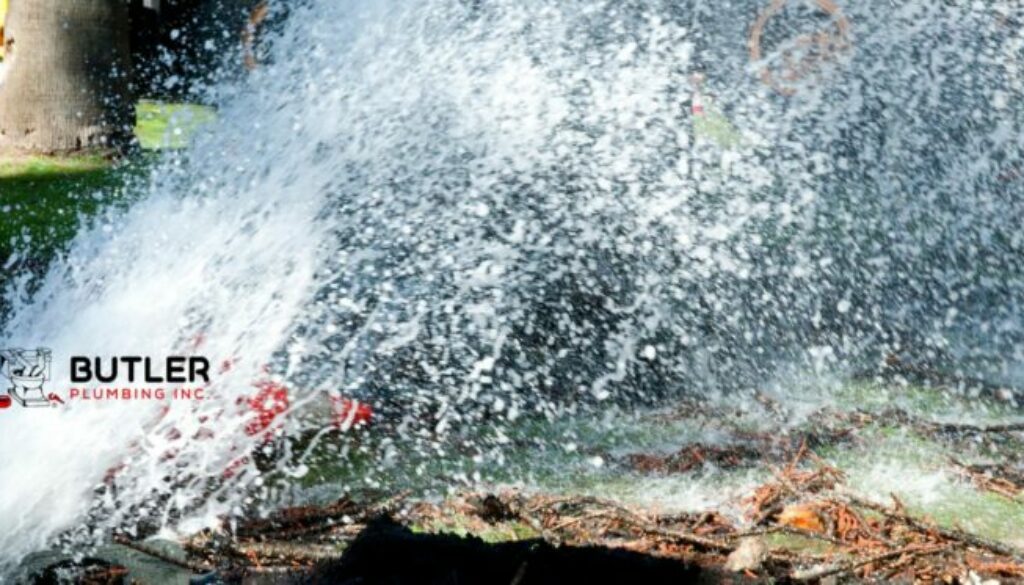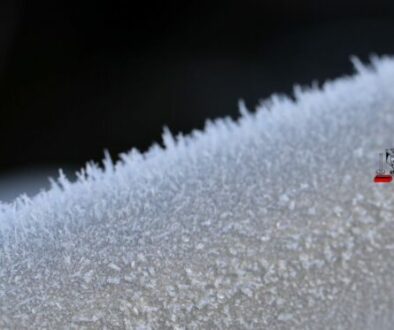Why Do Pipes Burst In Summer?
Have you ever wondered why your pipes burst in the summer? It’s a common plumbing problem, yet many people are left scratching their heads as to why it happens. Is there something about warmer temperatures that makes them more prone to bursting? Let’s take a closer look and investigate this theory.
As an experienced plumbing engineer, I can tell you that temperature does have an effect on pipes – but it’s not the only factor at play here. There are several other reasons why pipes may become vulnerable during the summer months. In this article, we’ll be exploring all of these potential causes so you can get to grips with what’s really going on beneath your floorboards!
From corroded fixtures to rapid changes in pressure and water levels inside the pipe itself, there are lots of things that could cause a pipe to fail in the heat. Whether you’re trying to figure out how best to protect your home from further damage or just curious about the science behind bursts pipes, read on for some valuable insights into this complex issue!
Introduction
Pipes bursting in summer can be a huge headache for homeowners. It’s important to understand exactly what causes this problem, so we can take steps to prevent it from happening.
A pipe burst is when water escapes through a crack or hole that has formed in the pipe due to pressure and temperature changes. This usually happens when temperatures rise rapidly during the summer months and cause pipes within walls and under floors to expand more than they were designed for. As the material weakens, cracks form which can lead to water escaping from the system at an alarming rate. If not dealt with quickly, serious damage can occur to your home or business premises as well as expensive repairs being needed.
Causes Of Pipe Damage
Now that we’ve defined why pipes burst in summer, let’s explore the causes of pipe damage. It’s like a game of whack-a-mole; one problem can lead to several others if left unchecked. Think of it this way: If you’re an engineer working with plumbing, your goal is to locate and eliminate any potential issues before they become bigger problems.
One of the most common causes of pipe damage during hot weather months is increased water pressure from warmer temperatures. This often happens when water demand increases due to higher usage rates or restricted supply lines. The combination of warm temperatures and high water pressure causes pipes to swell and weaken, leading to stress fractures and eventual ruptures which put homes at risk for flooding and other costly repairs. Additionally, more extreme weather events such as heat waves or heavy rains can also increase the likelihood of pipe bursts. To prevent these kinds of disasters from occurring, homeowners should ensure their pipes are properly maintained so they don’t succumb to wear and tear over time.
The next section will discuss how homeowners can take preventive measures to reduce the chances of bursting pipes in summer by reducing increased water pressure…
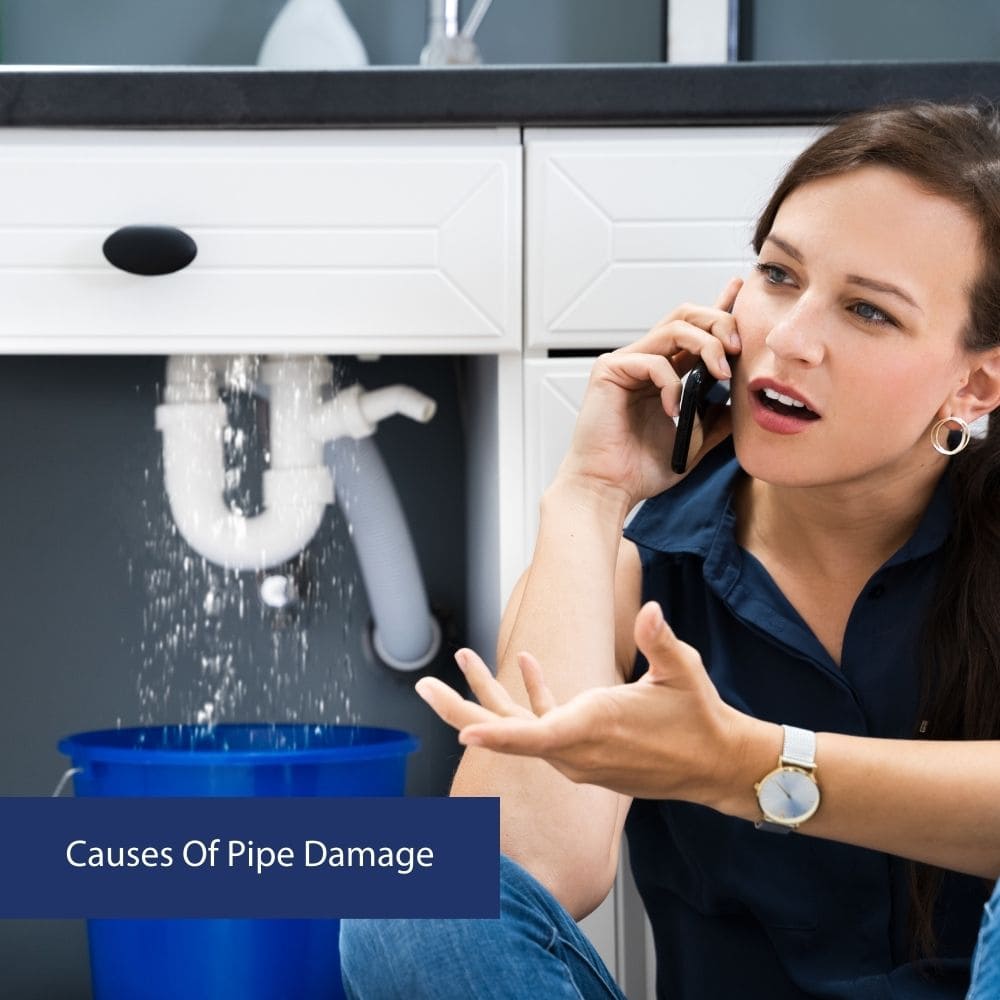
Increased Water Pressure
When the temperature rises in summer, so does the water pressure. This is especially true for homes with older plumbing systems that don’t have sufficient overflow valves or other safety mechanisms to prevent high-pressure situations from occurring. When this happens, pipes can become overwhelmed and burst due to their inability to handle the mounting pressure inside them. To avoid this, it’s important for homeowners to regularly inspect their plumbing system and check if there are any additional safety measures they need to install such as backflow prevention devices, pressure relief valves, etc.
On top of that, if you live in an area where temperatures fluctuate greatly between winter and summer months then it’s essential to ensure your home has a good insulation system installed which will help regulate these swings in temperature throughout the year by keeping your indoor environment more stable.
Temperature Fluctuations
Temperature fluctuations can be a major cause of pipe bursts during the summer months, as drastic swings in temperature put great strain on pipes. In hot weather, the water inside a pipe expands and puts more pressure on it than usual. This pressure combined with weak spots in old plumbing or improperly installed piping is often enough to cause bursting. To prevent this from happening, here are 4 key tips for homeowners:
- Install insulation around exposed pipes
- Insulate outdoor faucets against extreme temperatures
- Make sure that any new piping installations adhere to local codes
- Check all valves and hose bibs regularly for signs of wear-and-tear
As an experienced plumbing engineer, I understand how important it is to ensure that your home’s pipes are well-maintained and equipped to withstand varying temperatures throughout the year. Taking these proactive steps can help you avoid costly repairs caused by broken or burst pipes due to temperature changes. Ultimately, protecting your home’s plumbing system will save you time and money down the road when clogged pipes inevitably become an issue.
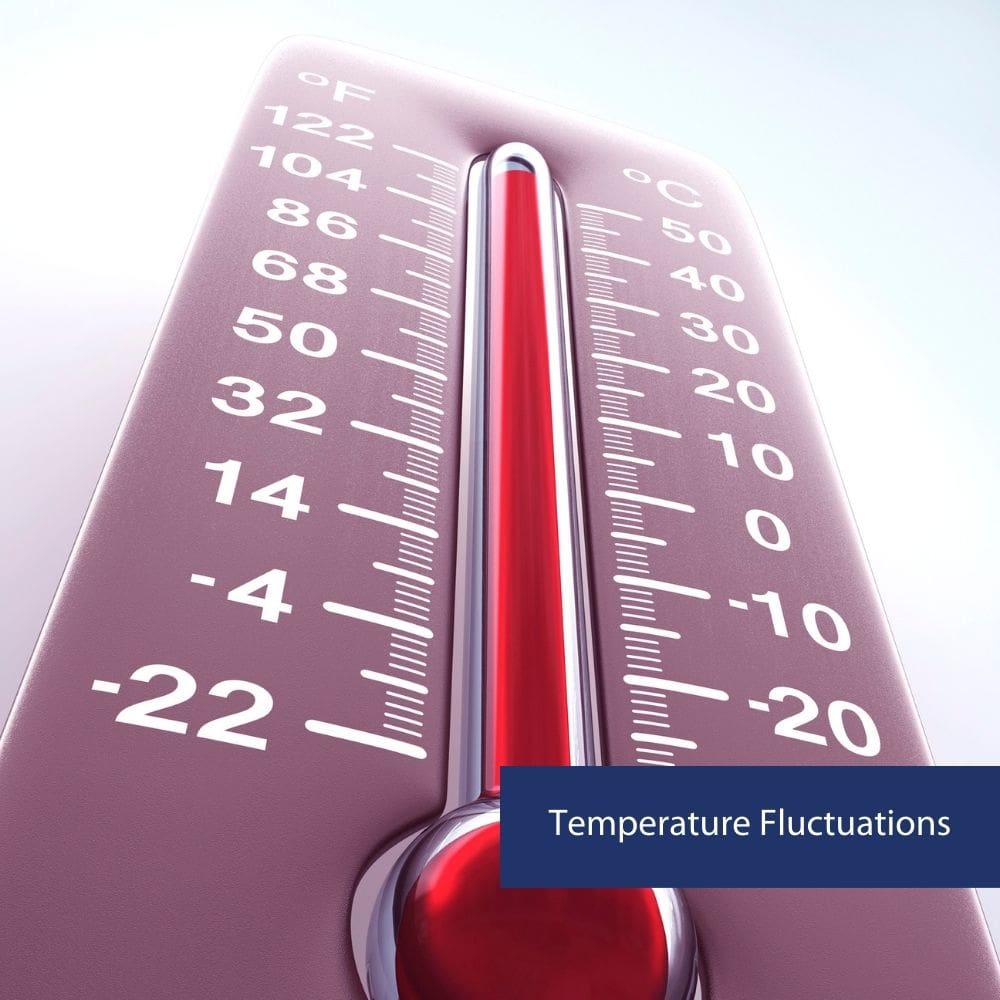
Clogged Pipes
Clogged pipes are another common reason for pipe bursts in summer. There can be a variety of debris that accumulates inside the pipe and causes it to clog up. This could include dirt, grease, oil, grime or even tree roots if there is an exposed pipe outside. When water has nowhere else to go due to the blockage, it puts pressure on the pipe walls which can result in them bursting over time. To prevent this from happening, I always suggest getting your plumbing system inspected at least once a year by an experienced professional. That way any potential issues with accumulation can be identified early before they become serious problems. Proper maintenance is key when it comes to avoiding costly repairs resulting from burst pipes in summertime.
Transition sentence: On top of clogs causing pipes to burst during hot weather, poor insulation can also be a factor as well.
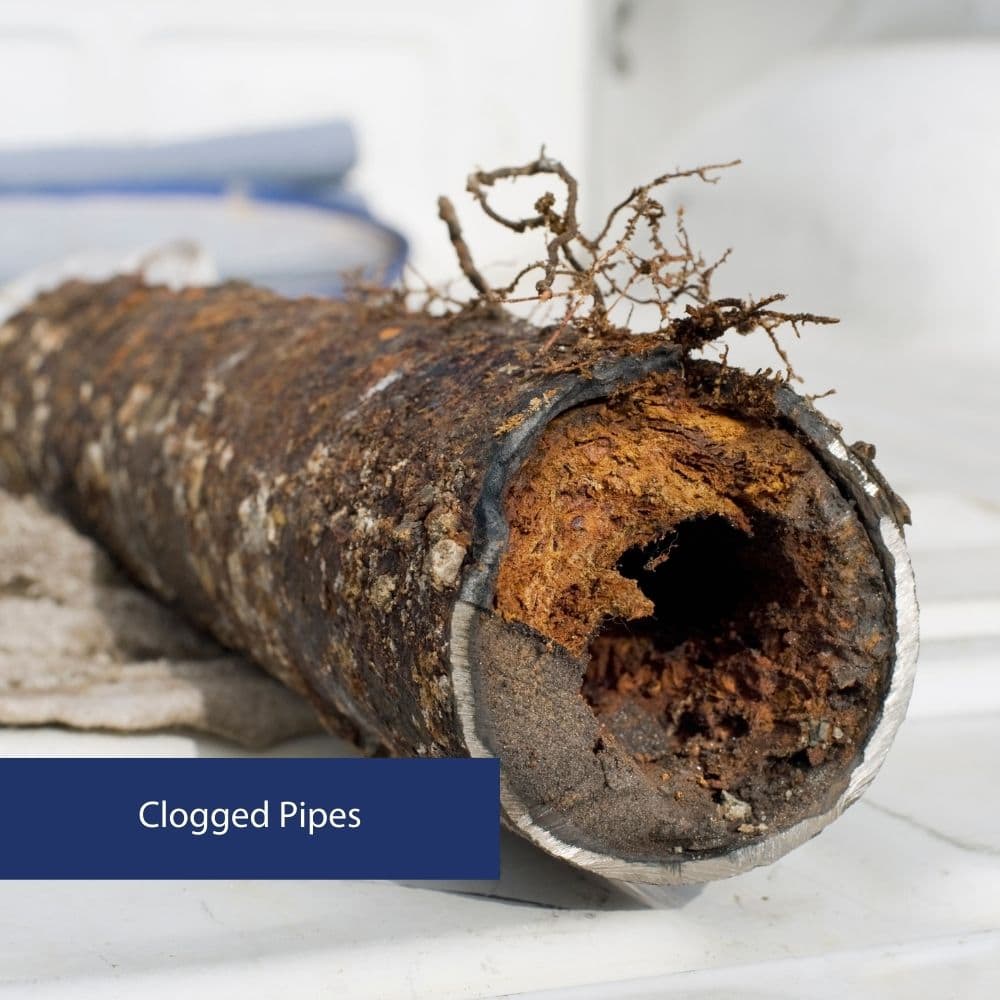
Poor Insulation
Pipes can burst in the summer due to poor insulation. When temperatures soar and the heat radiates through walls, pipes that are not properly insulated can become too hot for the water running inside them. This causes an expansion of pressure within the pipe which eventually leads to a rupture or breakage. Here’s how you can prevent such events from occurring:
- Check your home regularly for any exposed piping. Even small cracks in plaster or paint around a copper pipe could mean it is not sufficiently insulated.
- Ensure that all areas with plumbing have adequate ventilation so outside air can help cool down pipes during extreme weather conditions.
- Be sure to use good quality thermal insulation materials when installing new lines, as these will provide greater protection against temperature changes and potential bursts at weak points along pipes.
In order to further protect your home from costly repairs associated with busted pipes, be sure to check valves for leaks on a regular basis; if detected promptly, they may be fixable before causing more serious damage.
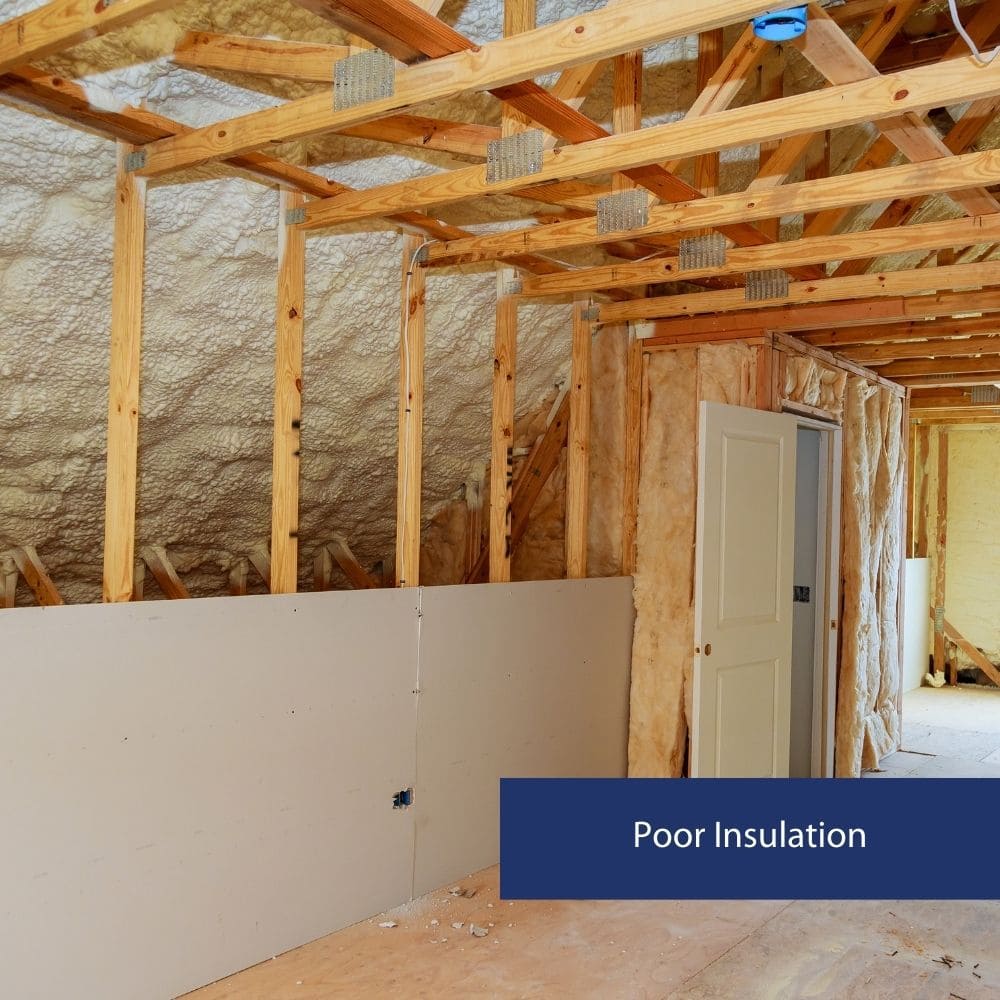
Leaking Valves
So, poor insulation can cause pipes to burst in the summertime. But there’s another issue that affects this as well – leaking valves. Valves are designed to open and close at certain pressures within a plumbing system; when they malfunction, it can cause serious problems down the line. This is especially true during periods of high heat and pressure, since those conditions can put additional strain on already weak or damaged valves. As such, it’s important for homeowners to regularly inspect their plumbing systems for any signs of valve leakage.
In addition, regular maintenance should include checking hoses and fittings for wear and tear. Hoses may become brittle over time due to prolonged exposure to extreme temperatures, which could potentially lead to leaks or bursts if not addressed immediately. In some cases, corrosion in the pipes themselves might be an even larger problem than faulty valves or worn-out hoses – but with proper care, these issues can all be minimized before they turn into major disasters.
Corrosion In Pipes
The summer heat can corrode pipes, making them vulnerable to bursting. Like rust on a car, corrosion eats away at the protective coating of pipes and causes them to become weaker over time. Corrosion can be caused by water with high levels of chlorine or other chemicals such as acids or bases that are found in some cleaning products. The presence of these elements in the water creates an electrochemical reaction when it comes into contact with metal surfaces, which breaks down their protective layer. As a result, the walls of the pipe start to thin out and eventually burst under pressure. It’s like a ticking time bomb waiting to go off – you never know when it will happen! This is why regular maintenance and inspection of your plumbing system is so important; even small signs of wear-and-tear could mean major damage if left unchecked.
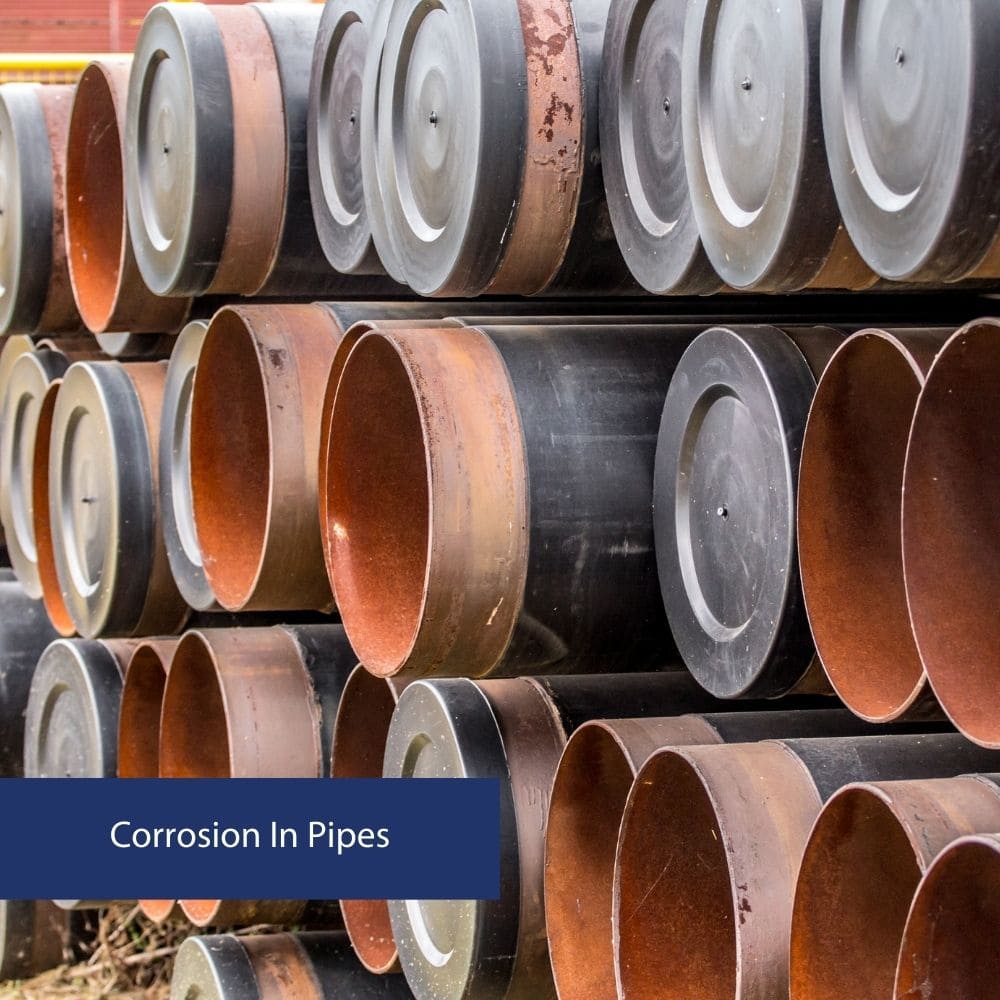
Professional Inspection Services
Pipes can burst for a variety of reasons, but one of the most common is due to extreme heat. In the summer months, pipes are exposed to higher temperatures and increased pressure from water usage in homes. This can cause them to expand, weakening their structure and leading to a break or rupture. To avoid this kind of damage it’s important to have your plumbing system inspected regularly:
- A professional inspection will identify any existing problems or potential risks that could lead to pipe failure.
- Inspections should be done every two years at minimum; more frequently if you live in an area prone to seismic activity or extreme weather changes.
- During the inspection process, technicians look for signs of corrosion, leaks, blockages and other issues which might compromise the integrity of your pipes.
- An experienced plumber can also advise on ways to protect your plumbing system against high temperatures or increasing water pressure caused by excessive use during hot weather periods.
Having regular inspections is essential for maintaining a properly functioning plumbing system all year round – not just during the summer months when there’s a greater risk of pipe bursts and failures due to heat exposure . With proper maintenance practices and timely interventions based on expert advice provided by professionals, homeowners can rest assured knowing their home plumbing will remain safe even in harsh conditions such as those brought about by summers with record-breaking temperatures. From here we move onto discussing some benefits of regular maintenance…
Expenses For Repairs And Replacements
Summer is a time of heat waves and pipe bursts. It’s an unfortunate reality for many homeowners who are left with the costly expense of repairs or replacements. As a plumbing engineer, I’ve seen firsthand how much damage can be done when pipes burst in summertime.
Here are some expenses associated with repairing or replacing pipes:
- Replacing broken pipes: $200-$1500 per pipe
- Repairs to drywall or flooring due to water leakage: $500 -$1000
- Any additional parts needed (pipe insulation, valves, etc.): $50 -$150
- Labor fees incurred while hiring a professional plumber: $250-$550/hr
The cost of these repairs and replacements can quickly add up and it’s essential that homeowners have insurance coverage just in case something like this happens. Homeowners should make sure their policy covers any potential damages that may arise from pipe bursts so they’re not hit with unexpected costs down the line.
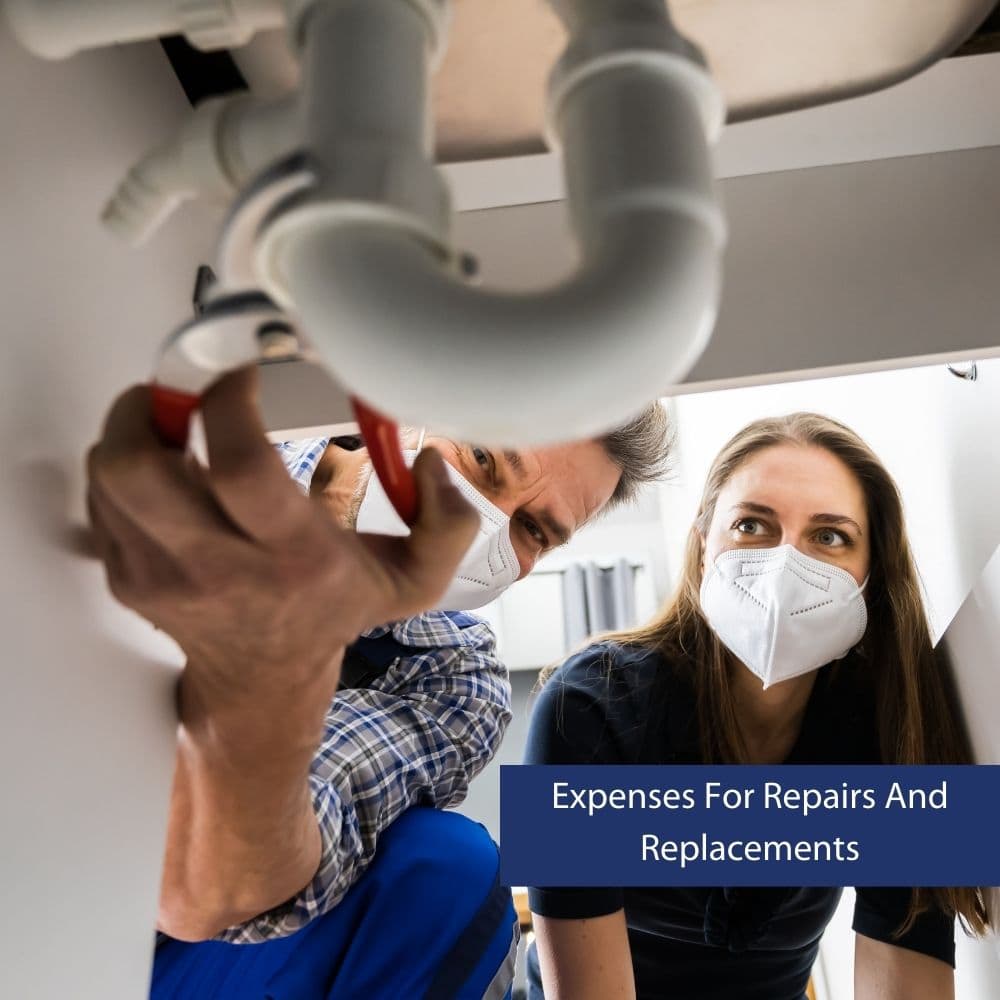
Homeowners Insurance Coverage
Homeowners need to be aware of this and take precautions when temperatures begin to rise above normal levels. In order to protect themselves from costly repairs or full replacements, homeowners should consider investing in homeowners insurance coverage.
Homeowners insurance policies are designed to cover damages caused by sudden and unexpected events such as pipe bursts due to extreme weather conditions like high temperatures during the summer months. It is usually wise for homeowners to opt for comprehensive coverage which will provide protection against any kind of damage caused by natural disasters or other unforeseen circumstances. As well, some insurance companies may offer additional discounts if the home has been equipped with safety features like water pressure regulators or insulation around exposed pipes.
Investing into proper precautionary measures as well as obtaining adequate homeowners insurance coverage could help mitigate potential long-term financial impacts resulting from pipe bursts during hot summers days. This knowledge can also provide peace of mind knowing that one’s finances are protected should anything happen down the line. Furthermore, these preventive steps can have an impact on long-term health since they minimize the chances of being faced with hazardous situations due to water damage indoors once a pipe has burst.
TL;DR
As a plumbing engineer, it is essential to be aware of the causes and effects of pipe bursting in summer. The most common reasons for burst pipes are increased water pressure, temperature fluctuations, clogged pipes and lack of maintenance. These issues can lead to costly repairs and replacements that may not be covered by homeowners insurance.
Moreover, there are serious implications for long-term health if these problems aren’t addressed quickly. It’s like running an endless marathon with no finish line – the damage can seem never-ending! Taking proactive steps to protect your home from these potential disasters is absolutely critical; otherwise you risk having “flooding” amounts of money spent on repairs.
Overall, being prepared before disaster strikes should always be at the top of any homeowner’s priority list when it comes to preventing pipe bursts in the summertime. With regular inspection and maintenance, you’ll have peace of mind knowing that your home will stay safe throughout even the hottest days of summer.

